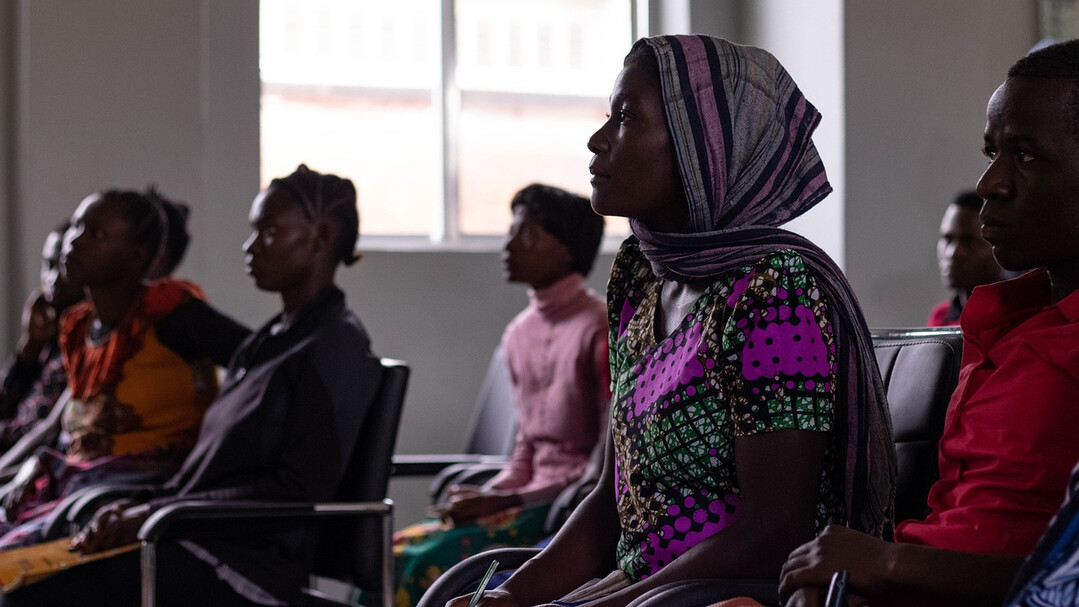
Washington, DC: The International Monetary Fund (IMF) Executive Board concluded its 2024 Article IV consultation with Mauritania and approved the Third Reviews under the Extended Credit Facility (ECF) and Extended Fund Facility (EFF) arrangements, as well as the Second Review under the Resilience and Sustainability Facility (RSF).
The successful reviews will result in an immediate disbursement of SDR 36.16 million (approximately US$ 47.1 million) to Mauritania.
Key Findings and Recommendations:
Economic Resilience: The IMF noted Mauritania's economic resilience, driven by ongoing government reforms. While economic growth is projected to slow in the short term due to a contraction in extractive activities, a favorable medium-term outlook is anticipated.
Fiscal Policy: The IMF emphasized the importance of maintaining prudent rule-based fiscal policy, supported by revenue mobilization efforts, particularly through streamlining tax exemptions. This approach will help create fiscal space for infrastructure and social spending while preserving debt sustainability.
Financial Sector: The IMF highlighted the need for continued reforms in the financial sector, including enhancing banking supervision, enforcing prudential norms, and broadening access to finance.
Structural Reforms: The IMF stressed the critical role of structural reforms, such as improving governance, the business environment, and the regulatory landscape, in diversifying the economy and achieving inclusive growth.
Climate Change: The IMF emphasized the importance of implementing climate change adaptation and mitigation measures, supported by the RSF, to address Mauritania's medium- and long-term challenges.
Executive Board Assessment:
The IMF Executive Board commended Mauritania's strong program performance and its commitment to sound macroeconomic policies. However, the Board also highlighted the significant downside risks, including regional instability and climate shocks.
The Board encouraged Mauritania to maintain fiscal discipline, strengthen the monetary policy framework, and accelerate structural reforms to support higher, more inclusive, and diversified growth.
By implementing these recommendations, Mauritania can further enhance its economic resilience, improve social welfare, and address the challenges posed by climate change.
[Copyright (c) Global Economic Times. All Rights Reserved.]




























